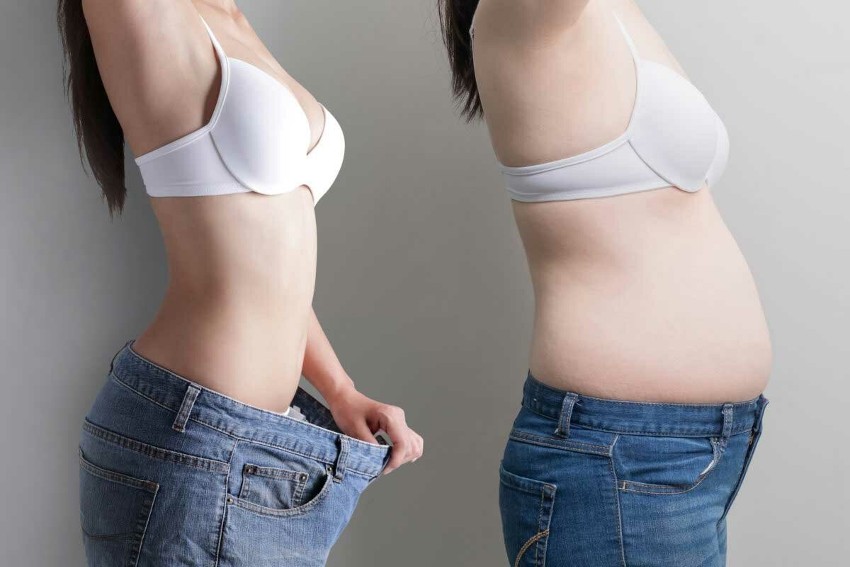Liposuction Surgery
What is liposuction?
Liposuction is a type of cosmetic surgery that removes fat from the body. The procedure is typically used to improve the appearance of the stomach, thighs, and arms. It is a safe and effective way to remove unwanted fat from the body. The procedure is typically performed as an outpatient procedure, which means you will be able to go home the same day. Recovery times vary, but most people see significant results within a few weeks.
What can liposuction surgery do? Liposuction surgery can create a more sculpted look by removing fat from specific areas of the body. The procedure can also be used to improve the appearance of cellulite.
What liposuction surgery can’t do? Liposuction surgery is not a weight loss solution. The procedure should not be used to remove large amounts of fat from the body. Liposuction is also not an effective treatment for stretch marks or loose skin.
Who is a good candidate for liposuction? Liposuction may be right for you if you are unhappy with the appearance of specific areas of your body, such as the stomach, thighs, or arms. The best candidates for liposuction are at a healthy weight and have realistic expectations for the procedure.
Different types of liposuction surgery
There are several different types of liposuction surgery. The type of procedure that is right for you will depend on your specific goals. Some of the most common types of liposuction surgery include:
Tumescent liposuction: This type of liposuction injects a numbing solution into the area to be treated. The solution helps to reduce bleeding and swelling during the procedure.
Ultrasound-assisted liposuction: This type of liposuction uses ultrasound waves to break up the fat before it is removed from the body.
Laser-assisted liposuction: This type of liposuction uses a laser to break up the fat before it is removed from the body.
What should I expect during a consultation for liposuction surgery?
During your consultation, your plastic surgeon will assess your areas of concern and perform a physical exam. They will also review your medical history to make sure you are healthy enough for surgery. Be sure to ask any questions you have about the procedure during your consultation.
Some important questions to ask your plastic surgeon about liposuction include:
- How many times have you performed this procedure?
- What are your qualifications?
- What are the risks of the procedure?
- What are the potential complications?
- How will you manage any complications?
- What are your fees?
- What are the estimated costs of the procedure, including any potential complications?
- When can I expect to see results?
What are the risks of liposuction surgery?
Liposuction is a safe and effective procedure, but like all surgeries, there are some risks. Potential risks of liposuction surgery include:
- Bleeding
- Infection
- Bruising
- Swelling
- Numbness
- Asymmetry
- Skin irregularities
- Scarring
- Change in skin sensation
- Risks associated with anesthesia
How should I prepare for liposuction?
Your plastic surgeon will provide you with specific instructions on how to prepare for your procedure. In general, you should:
- Stop smoking at least six weeks before surgery to reduce the risk of complications.
- Avoid taking any medications that can thin the blood or cause bleeding.
- Eat a healthy diet and stay well-hydrated to help your body heal after surgery.
What are the steps of liposuction?
Liposuction is typically performed as an outpatient procedure, which means you will be able to go home the same day. The steps of the procedure include:
- Anesthesia: You will be given either local or general anesthesia depending on your preference and the recommendation of your surgeon.
- Incisions: Your surgeon will make small incisions in the treatment area.
- Fat removal: A cannula (a thin, hollow tube) will be inserted through the incisions to remove the fat.
- Closing the incisions: The incisions will be closed with stitches or surgical tape.
What should I expect after liposuction?
You can expect to feel some pain and discomfort after the procedure. Your surgeon will prescribe medication to help you manage any pain. You should also expect some bruising, swelling, and soreness in the treatment area. These side effects should resolve within a few weeks.
Most people see significant results after liposuction surgery. However, it is important to keep in mind that the procedure can only remove a limited amount of fat. You may need to have additional procedures to achieve your desired results.
Is liposuction a form of fat removal surgery?
Yes, liposuction is a type of surgery that removes fat from the body. The fat is removed through small incisions with a cannula (a thin, hollow tube). Liposuction is a more invasive form of surgery than other types of fat removal. It is also more expensive. However, it can be more effective in removing large amounts of fat.
If you are considering liposuction, be sure to consult with a qualified plastic surgeon. They will be able to answer any questions you have about the procedure and help you determine if it is right for you.

